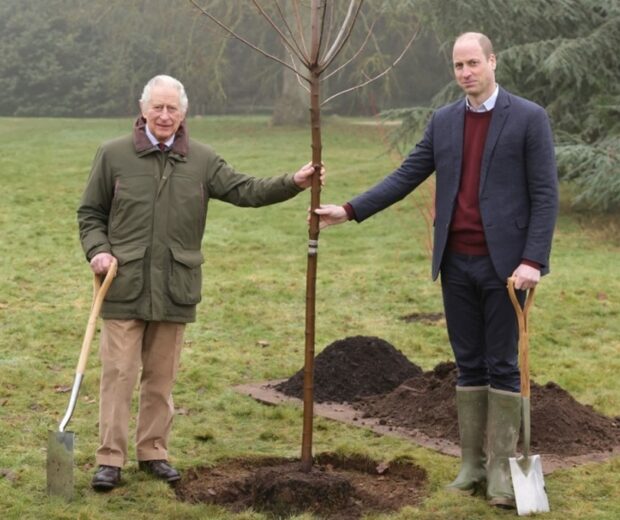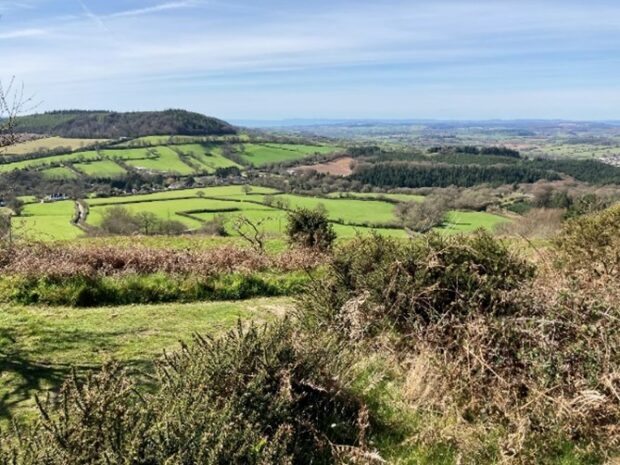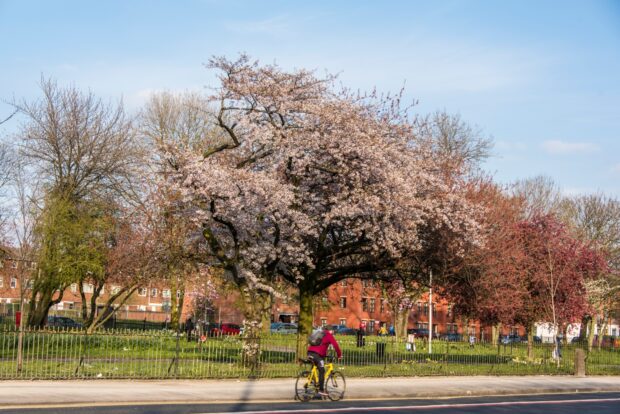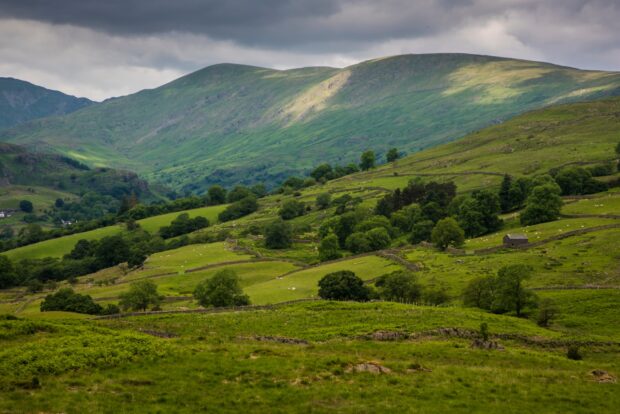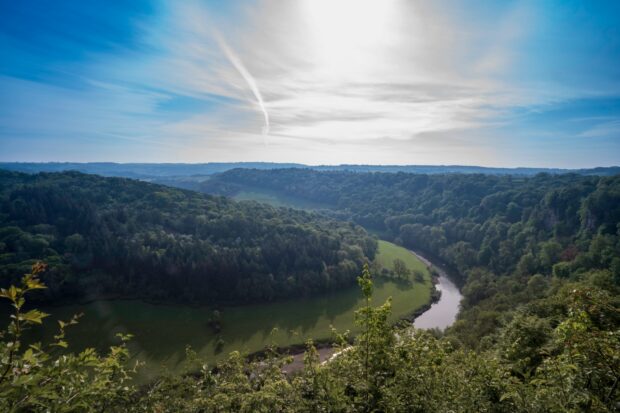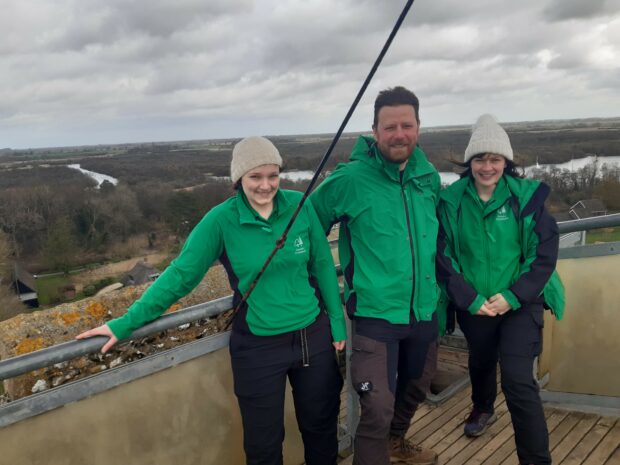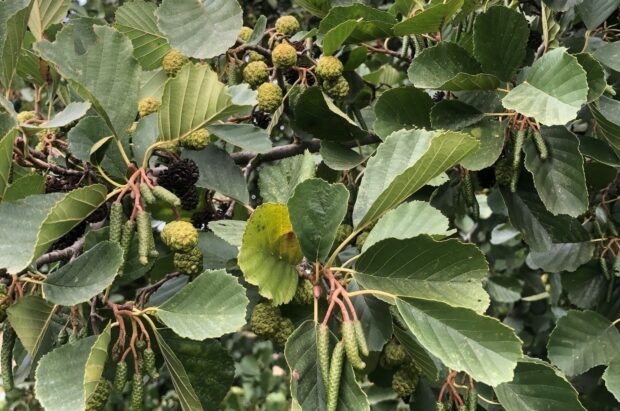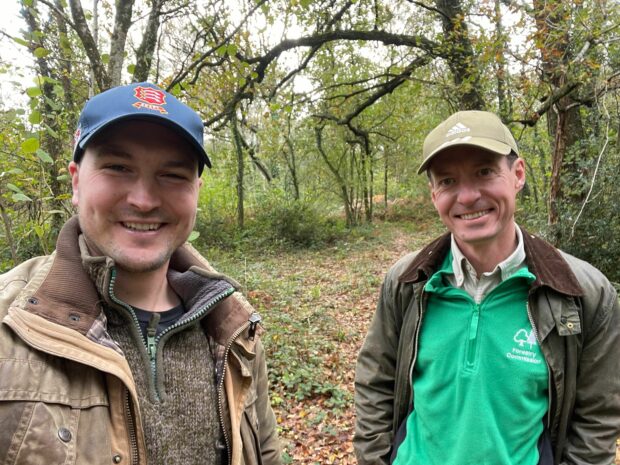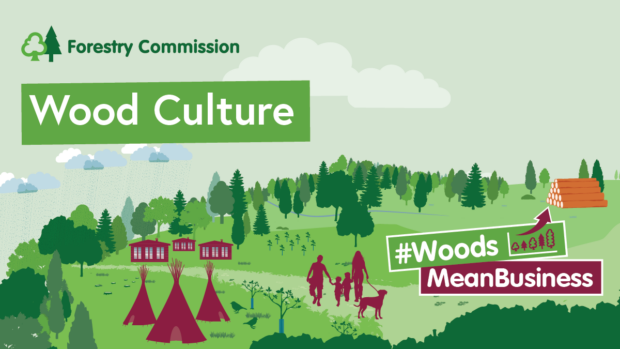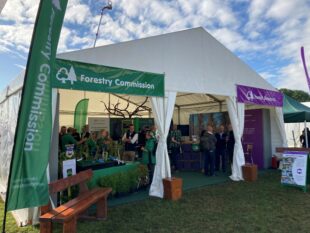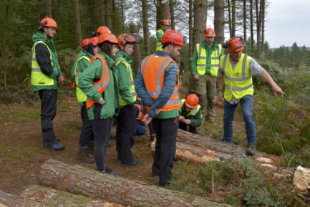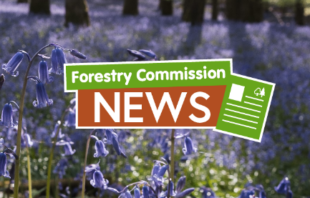Woodland creation
The newly opened Coronation Living Heritage Fund will support local tree planting initiatives and small tree nurseries to commemorate the Coronation of King Charles III. Find out more about this fund and the benefits it can bring.
At the end of June, government announced new funding for local authorities developing Local Nature Recovery Strategies. Here we look at how we are supporting them and what they mean for trees and woodlands.
Bella Murfin and Naomi Matthiessen are job share Directors for the Nature for Climate Fund Tree Programme in Defra. Here they look back at the last 6 months of the delivering the Government’s commitment to treble tree planting in England …
From 1 July 2023 the Biosecure Procurement Requirement has extended to three additonal funds. Here we look at why that's important.
With the publication of landscape & woodland design guidelines this month, Robin Gray celebrates the work of the landscape & woodland design advisors in the Forestry Commission.
The 2022/23 government tree planting statistics have been published. Here we look at some of the notable figures.
Gareth is one of 15 people who joined us in September 2022 as a Development Woodland Officer studying the Forestry Apprenticeship. Here he reflects on his first nine months with the Forestry Commission.
Seed sourcing is an essential part of tree production and a secure, diverse supply of tree seed is key to creating healthy, resilient woodlands. The Seed Sourcing Grant will be reopening later this spring to support production of tree seeds.
Jon Burgess, a Local Partnership Advisor and Woodland Resilience Officer in the South West, provides a quick round up of the 'Trees on Farms' mini-series created with Ben Eagle, and reflects on being a co-host on the Forestry Commission’s first foray into podcasting.
Discover how woodlands can benefit your land and business while supporting the economy, society, and the wider environment.
